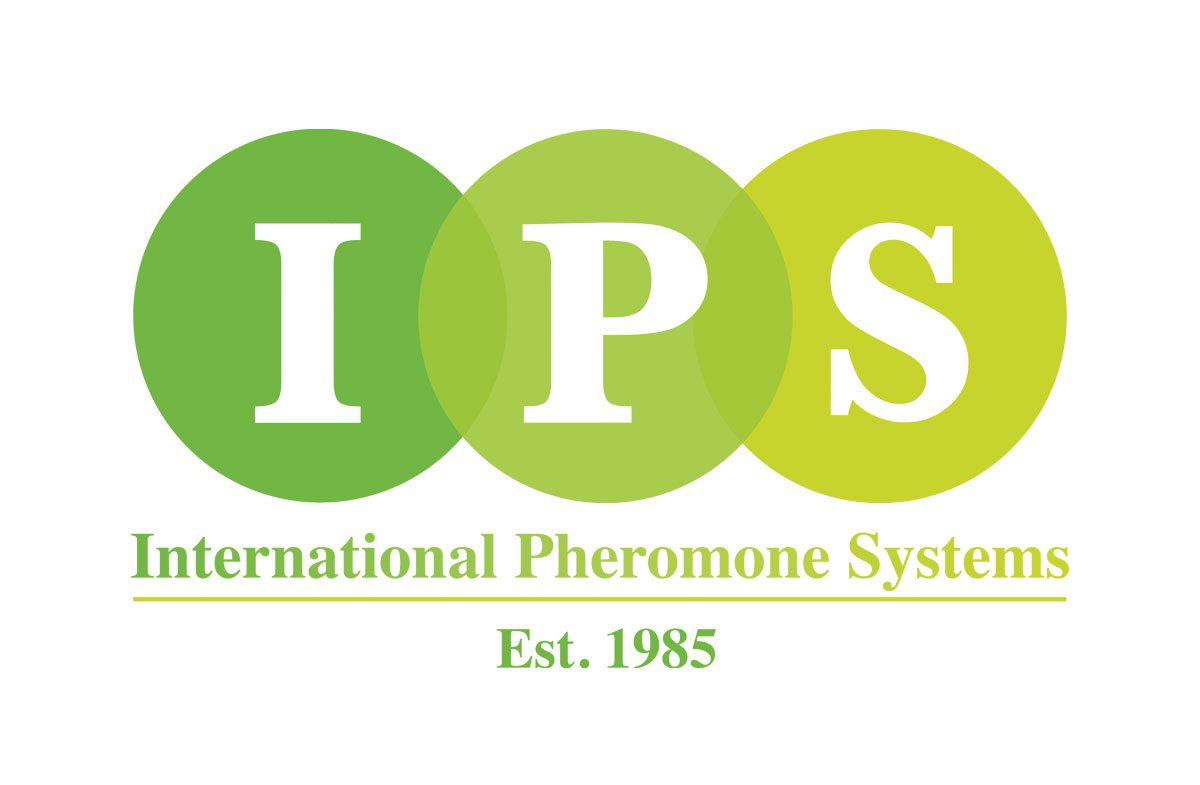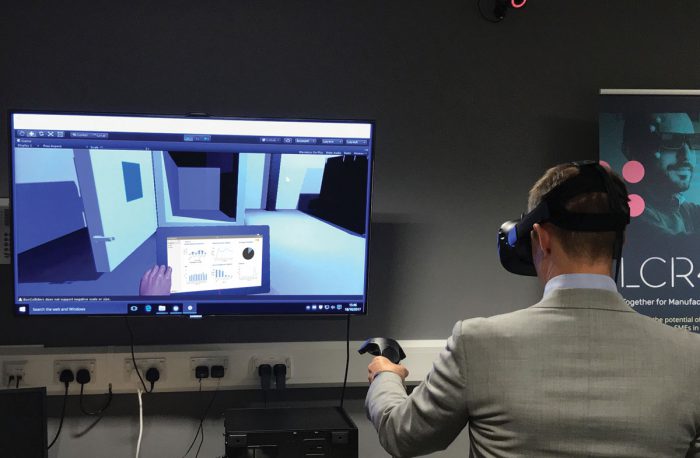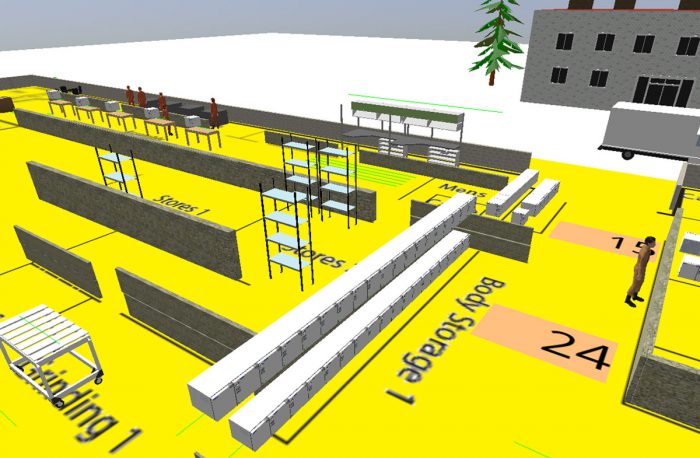International Pheromone Services Ltd
International Pheromone Systems Ltd (IPS) are a Wallasey based family company who have been providing specialist pest monitoring solution’s since 1985.
IPS currently design and manufacture Pheromone trapping systems to manage insect pests, resulting in increased plant health and crop yields. Using pheromone to capture and dispose of insects and other pests which can affect the health of plants is considered to be more environmentally friendly as a replacement for other methods including the use of toxins and pesticides.
The traps help agricultural partners and farmers keep insects and pests at bay and they currently export to clients based in Australasia, Asia, North & South America, Europe, the Middle East and Africa.

Approaching LCR 4.0
IPS undertake regular research to see how their work can drive sustainability, improve and help the environment further whilst offering a global solution for food shortages. After speaking with the Wirral Chamber and the Liverpool Local Enterprise Partnership (LEP), IPS was put in touch with the Virtual Engineering Centre (VEC).
IPS wished to explore the opportunities of employing advanced digital technologies to the pest control market, enhancing connectivity and management of multiple traps, across a large farming area. Currently, IPS manufacturer roughly 100,000 traps per year, many of which are recyclable and re-usable offering a lengthy product lifespan.
Partner Support
The VEC helped IPS to better understand how factory simulation can optimise daily factory operations as well as explore the potential of adopting industrial Internet of Things (IoT) and artificial intelligence.
The VEC assessed how a more connected and integrated system could work alongside the IPS current product line and how this could be developed in partnership with their own clients via a technology roadmap which also highlighted the benefits of adding smart functionality to their existing processes and machinery.
Results
By enabling better connectivity for farmers and visibility of their insect traps, IPS clients can easily and remotely monitor and manage all bug traps, as well as gain an improved oversight of activity over the hundreds of square miles they cover for farming and agricultural purposes. This empowers farmers to administer proactive insect control over larger plots of land and reduce the need to travel regularly. This reduces the time needed and distance travelled to manually and physically check on the traps, reducing resources which can be re-allocated to other areas of the business.
By understanding where the greatest pest activity is taking place on the land, farmers can ensure they are appointing the traps in the most popular areas, reducing pest activity, ensuring plant growth is maximised, increasing animal welfare and improving crop yields within developed and developing countries.
Working with the Virtual Engineering Centre and the LCR40 Project has really helped IPS identify where small yet significant improvements can be made to our products, simply by adopting emerging digital technologies.
The simulation created quickly, highlighted to IPS where we can make small changes, yet see wide impact which in the long term, will offer our clients greater value whilst strengthening our offer compared to our competitors.
Payman Shafighi, Entomological Scientist for IPS
Working to the Future
Integrating this digital technology to existing product lines, builds on current industry practices, including the proposed use of simple sensors for the bug traps, offering even more detailed and real-time data for farmers.
This data could include local weather conditions such as temperature, wind and humidity. This information could assist farmers in planning for future planting and spraying policies, ensuring they have perfectly timed their activity to maximise crop growth and potential.
This data could also offer an opportunity to employ artificial intelligence and predictive algorithms which would allow farmers, ministries of farming and non-governmental organisations to understand pest migration patterns and to better monitor and predict pest infestations, reducing the use of pesticide and pheromone needs.
Whilst the implantation of sensors to the traps will increase the cost to buyers and clients, the data collected by the sensors would allow resources to be reduced from current time spent on manually maintaining and servicing the current bug traps.



